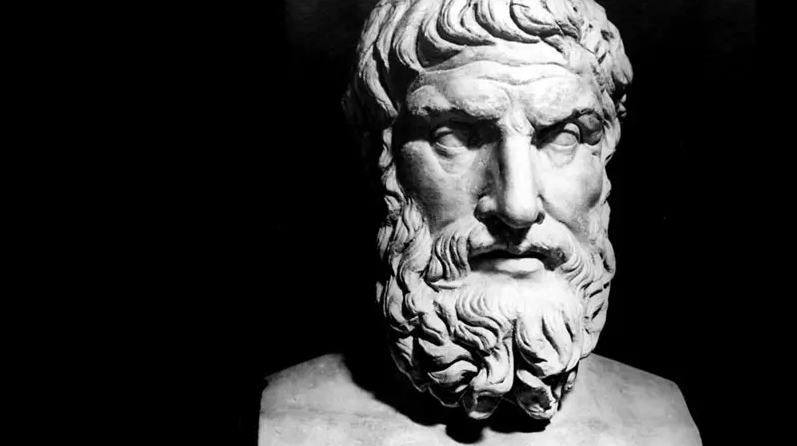
The topic I wish to cover in this article is probably the most essential one when it comes to Stoic philosophy. The Dichotomy of control is the cornerstone of Stoic philosophy. And this can be seen In both, Discourses and Enchiridion at the beginning.
Epictetus gives his view on dichotomy of control:
Of things some are in our power, and others are not. In our power are opinion, movement toward a thing, desire, aversion (turning from a thing); and in a word, whatever are our own acts: not in our power are the body, property, reputation, offices (magisterial power), and in a word, whatever are not our own acts. – Enchiridion
The mind is in our control, our inner events are as well. We control our emotions, our ascription of value, our temper, our character, and our thoughts. Everything that the mind doesn’t control, drops beyond our power.
In theory this may be simple, but Stoic philosophy cannot be limited to its theoretical purpose. It rather emphasizes practicality.
Things we can control are those which can lead us to a happier life. For a Stoic, a virtuous (happy) life is one lived according to nature, with the use of reason. The nature and possibility of virtue is reason-dependent. Creatures without reason cannot be virtuous, that is why virtue is, in the case of humans, the main goal of life.
We can see this if we take a closer look at the four Cardinal virtues: prudence (general usage of reason in practical life), justice (reason in legal and moral life), temperance (reasonable behavior in personal sphere), fortitude (reason in directing character, endurance).
More importantly, Zeno (the founder of Stoicism), thought of prudence as the main virtue, which included the remaining three. The virtues I listed above belong to the domain of things we can control.
The balance of our character is disturbed when we decide to overreach to the field of the uncontrollable. This act consequently damages our well-being because we’re open to be led by external circumstances.
Below is a quote from Epictetus about the mind:
As then it was fit to be so, that which is best of all and supreme overall is the only thing which the gods have placed in our power (mind), the right use of appearances; but all other things they have not placed in our power. – Discourses
I would say that there are two kinds of uncontrollable events or phenomena. The first one is “softer”, and this type includes those over which we have partial control, like manipulation. For example, you can get sick, but instead of lying in bed for ten days you can decide to use medicine.
This can “fix” or manipulate your condition, while shortening the period you would spend lying sick in bed. But keep in mind that the virtue of temperance needs to be used to apply a doctor’s advice as well.
On the other hand, “hard” events can be described as uncontrollable and harder to manipulate. Think of a natural phenomenon like gravity, the world economy, sickness, and death.
All in all, the dichotomy of control shows us how Stoics looked at the world. Their wisdom can aid us on the road to wisdom, as we learn what we can control, from what we cannot.










